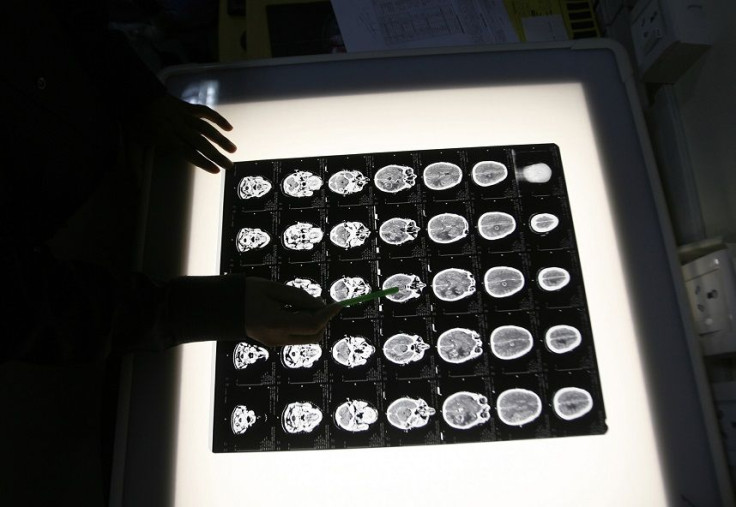One-third of US health records likely to be hacked in 2016

The high price a health record fetches on the digital black market is a major reason for the growing threat of health records hacking. A health record typically demands US$10 (approx. AU$14), which is even higher than what a credit card data gets on the digital black market.
A new report from the International Data Corporation (IDC) suggests that weak cybersecurity is a major reason for the growing threat of health records hacking. The report comes in the wake of similar hacking incidents that targetted Anthem and several other insurance and medical providers.
“Frankly, healthcare data is really valuable from a cyber criminal standpoint,”says Lynne Dunbrack, Vice President of the IIDC's Health Insights group, according to IBT US. “It could be five, ten or even 50 times more valuable than other forms of data,” she reportedly told the Computer World.
Electronic health and patient records contain valuable credit card and social security numbers, as well as other personal medical data. This data can be used by the hackers to procure free health coverage. In addition, it can also be used to buy medicines for a later re-sale. According to Dunbrack, 3 to 10 percent of revenue loss currently taking place in the US health system is already attributable to fraudulent billing.
Despite the hacking threats, electronic health record systems continue to gain popularity around the world. On Dec 9, 2015, Austria joined the group of nations that have an electronic system for maintaining health records.
According to The Local, Austria's Health Minister Sabine Oberhauser does not see any serious threat to the security of such a system and says that tight security measures are in place to prevent unauthorised access. The Austrian electronic health system also gives the patient an option not to join the scheme. Around 226,000 people have already opted out of the electronic health records system.
Contact the writer at feedback@ibtimes.com.au, or let us know what you think below.





















